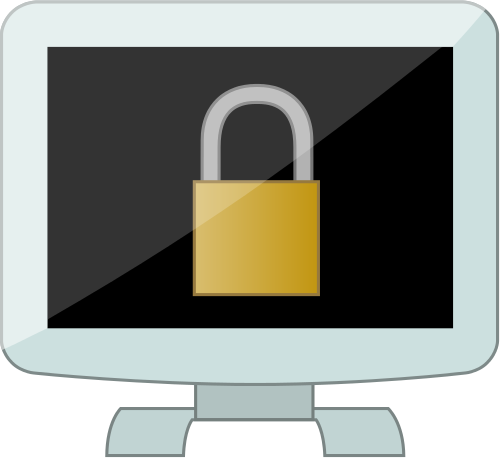New report from the Tow Center and Knight Foundation: An ~80-page guide to digital security or journalists.
HTML version | PDF | Other electronic versions
New report from the Tow Center and Knight Foundation: An ~80-page guide to digital security or journalists.
HTML version | PDF | Other electronic versions
Paul Rosenzweig shares his expertise to help reporters better understand cyber crime — how much money and intellectual property are we losing every day and what it means. How can governments around the globe coordinate to fight a criminal element that knows no boundaries? The webinar, organized by Medill National Security Journalism Initiative, was held on Oct. 16, 2013 from the Northwestern University campus in Evanston, IL and the Medill Washington Bureau.
 Journalists everywhere need digital security skills more than ever; we will need them even more in the years to come. In our latest “NSZ 101” how-to guide over at Medill National Security Zone, Frank Smyth, the executive director of consulting and training group Global Journalist Security, provides a basic primer on how to protect yourself in a world of phishing attacks, intercepted emails, digital surveillance, denial of service attacks and other security threats. Read the story.
Journalists everywhere need digital security skills more than ever; we will need them even more in the years to come. In our latest “NSZ 101” how-to guide over at Medill National Security Zone, Frank Smyth, the executive director of consulting and training group Global Journalist Security, provides a basic primer on how to protect yourself in a world of phishing attacks, intercepted emails, digital surveillance, denial of service attacks and other security threats. Read the story.
Josh Meyer and Tim McNulty of the Medill National Security Journalism Initiative join former NSJI fellow Paul Rosenzweig and Trey Herr, a fellow at the Cybersecurity Policy Research Institute, for a discussion about cybersecurity on Feb. 28. Medill’s Marc Zarefsky moderated. Full details on the panelists.
WASHINGTON –– It’s serious and it’s here. It might be your stolen identity, it might be imposter status updates from your Facebook account, or it might be the shutdown of the electrical grid you rely on. But cyberattacks are a fact of life, a panel of experts noted, while cybersecurity is relatively uncharted legal territory, with less-than-optimal levels of acknowledgement and action by the government and industry.
“It’s one of those problems that if you do not deal with, it will deal with you,” said Harvey Rishikof, director of cybersecurity and the law at Drexel University’s iSchool.
The panelists at the Nov. 15 cybersecurity debate at the National Press Club, sponsored by the Medill National Security Journalism Initiative and the American Bar Association Standing Committee on Law and National Security, were hesitant to give concrete statements about the size and nature of the cybersecurity threat, partially because much of the threat is cloaked in secrecy.
Interesting Washington Post package this week explores an initiative that lets government hackers invade a virtual town of 15,000 people “who have e-mail accounts, work passwords and bank deposits. The power plant has employees. The hospital has patients. The coffeeshop customers will come and go, using the insecure WiFi system, just as in real life.”
CyberCity even has its own social network — FaceSpace. And its computers “simulate communications and operations, including e-mail, heating systems, a railroad.”
The Post compares the Pentagon’s cybersecurity exploration system to “the mock desert towns that were constructed at military facilities to help American soldiers train for the war in Iraq. But here, the soldier-hackers from the Air Force and other branches of the military will practice attacking and defending the computers and networks that run the theoretical town. In one scenario, they will attempt to take control of a speeding train containing weapons of mass destruction.”
The CyberCity story is part of the Posts’s Zero Day series on cyberspace security.
